The 10 Coolest Open Source Products Of 2016

The Power Of Participation
In 2016, open source products were front-and-center. A number of new offerings in containers, networking, storage and other major areas were among those that debuted during the year.
During the Red Hat Summit in June – where the theme was "The Power of Participation" – Red Hat president and CEO Jim Whitehurst described the open source movement this way: "Our ability to harness and distill the best ideas will determine human progress for the next century … Our future depends on participation."
Here are the 10 coolest open-source products we've tracked in 2016.
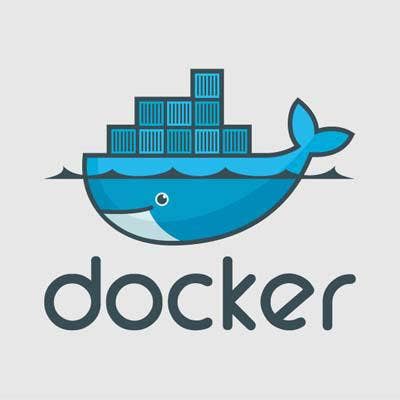
Docker 1.12
The new release of Docker aims to take away one of the biggest headaches associated with software containerization. New container orchestration features added to the core Docker Engine in 1.12 are intended to make it easy for users to deploy multi-container applications on multiple machines -- as opposed to just using containers on a single machine. A new feature called Swarm Mode aims to enable container orchestration – critical for resiliency, performance and security of distributed apps – to happen automatically.
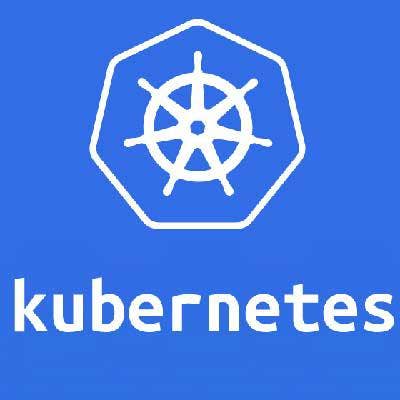
Kubernetes 1.4
The new release of Kubernetes, a popular open-source container orchestration tool, adds some upgrades aimed at improving the ease of installation of the software, as well as ease of usage. Those improvements include cluster creation with two commands, expanded stateful application support and cluster federation API additions.
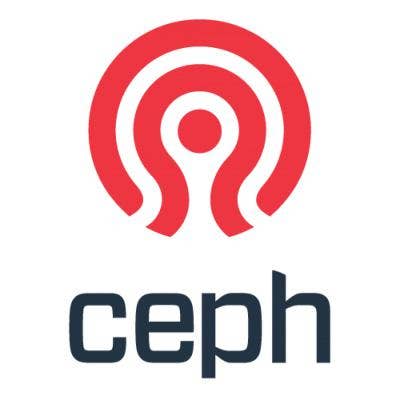
Ceph Storage 2 (Red Hat)
Red Hat this year unveiled a major update to Ceph Storage, the company's open software-defined storage platform – the first new version of the platform since Red Hat acquired the technology in 2014. Ceph Storage 2 introduces a new storage management system and new features geared toward object storage workloads, such as new global object storage clusters that offer better data synchronization between distributed clusters and other benefits.
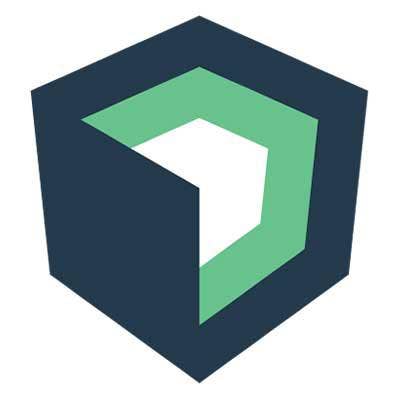
CoreOS Tectonic
A recent update to CoreOS Tectonic, an enterprise container management platform, added the most current release of Kubernetes and also brought in installers for getting going more quickly with the platform. In addition, the update added a console to let users visually investigate their cluster along with security features that integrate with existing frameworks.
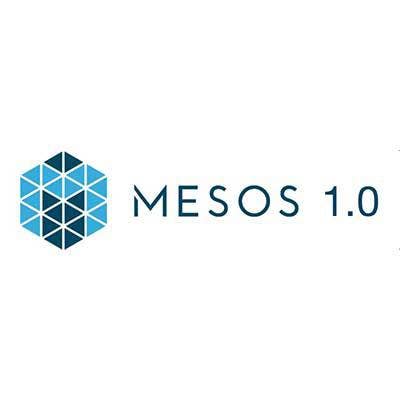
Apache Mesos 1.0
Apache Mesos allows users to "program against your datacenter like it's a single pool of resources," according to the Apache Software Foundation, which is behind the open-source project. That means that users can abstract resources such as CPU, memory and storage away from their machines, whether they be physical or virtual machines. The result: fault-tolerant and elastic distributed systems that can "easily be built and run effectively," according to the group.
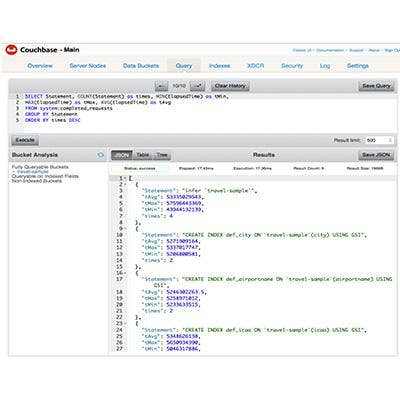
Couchbase Server 4.5
Couchbase, which offers all of its database products as open source, this year debuted the new version of Couchbase Server that aims to ease the transition for enterprises from relational databases into the NoSQL world. Couchbase Server 4.5 includes new features – such as better tools for visually exploring data models and building queries – as well as enhancements to security and better performance on queries, according to Couchbase.
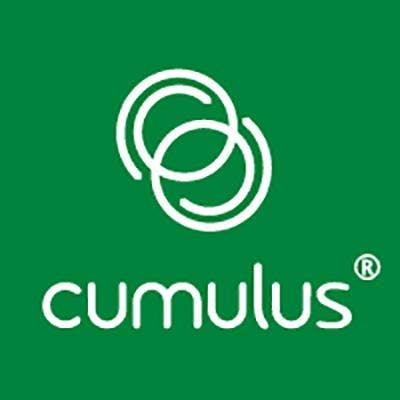
Cumulus Linux 3.0
Startup Cumulus Networks launched an updated release of its Linux Network Operating System, which aims to enable customers to get more bandwidth for addressing critical business issues. The new release of Cumulus Linux brought aboard additional hardware platforms that are compatible with its software, including two 100-gigabit platforms – Mellanox SN2700 and Dell Z9100. Cumulus is ultimately looking to help enterprises build web-scale public and private clouds.
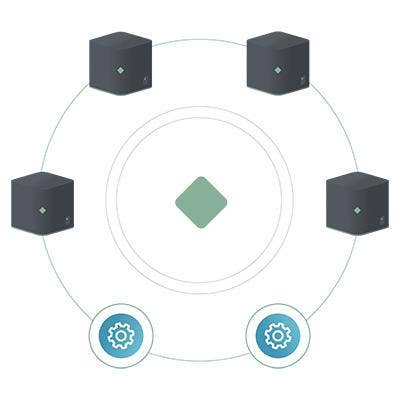
Habitat (Chef)
Habitat, an open-source product from IT automation firm Chef, aims to simplify key steps in the application creation process for users. Main elements of Habitat include a new system for packaging software, which bundles all the configuration options needed by the application with the app. Habitat also comes with a supervisor component, which ensures that the app configuration and other essentials are coordinated correctly.
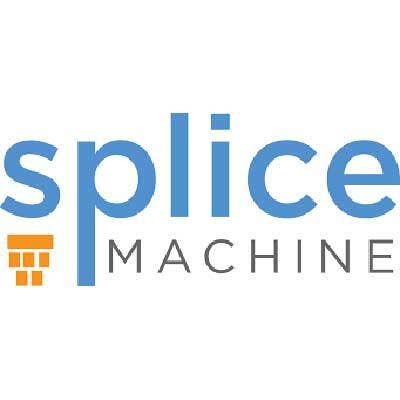
Splice Machine
Startup Splice Machine began its life as a proprietary software firm, but this year, the relational database management company shifted gears. Splice Machine said that its database management system – which leverages the Apache data processing technologies Hadoop and Spark – has now been opened up to the open source community. The aim is to make it easier for developers to try out Splice Machine's relational database management system – so that they can eventually become contributors to the evolution of the system and lead to wider enterprise deployment of the system.
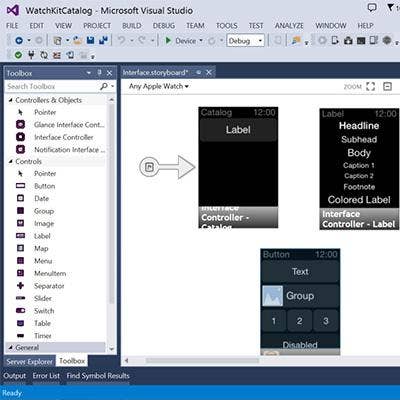
Xamarin (Microsoft)
In mid-March, Microsoft announced that its acquisition of mobile app development technology startup Xamarin had closed and the software giant followed that up a few weeks later by making the Xamarin open source SDK free, through Microsoft's Visual Studio toolkit. As CRN reported, Xamarin's technology allows developers to build native apps for iOS, Android and Windows using Microsoft's C# programming language.